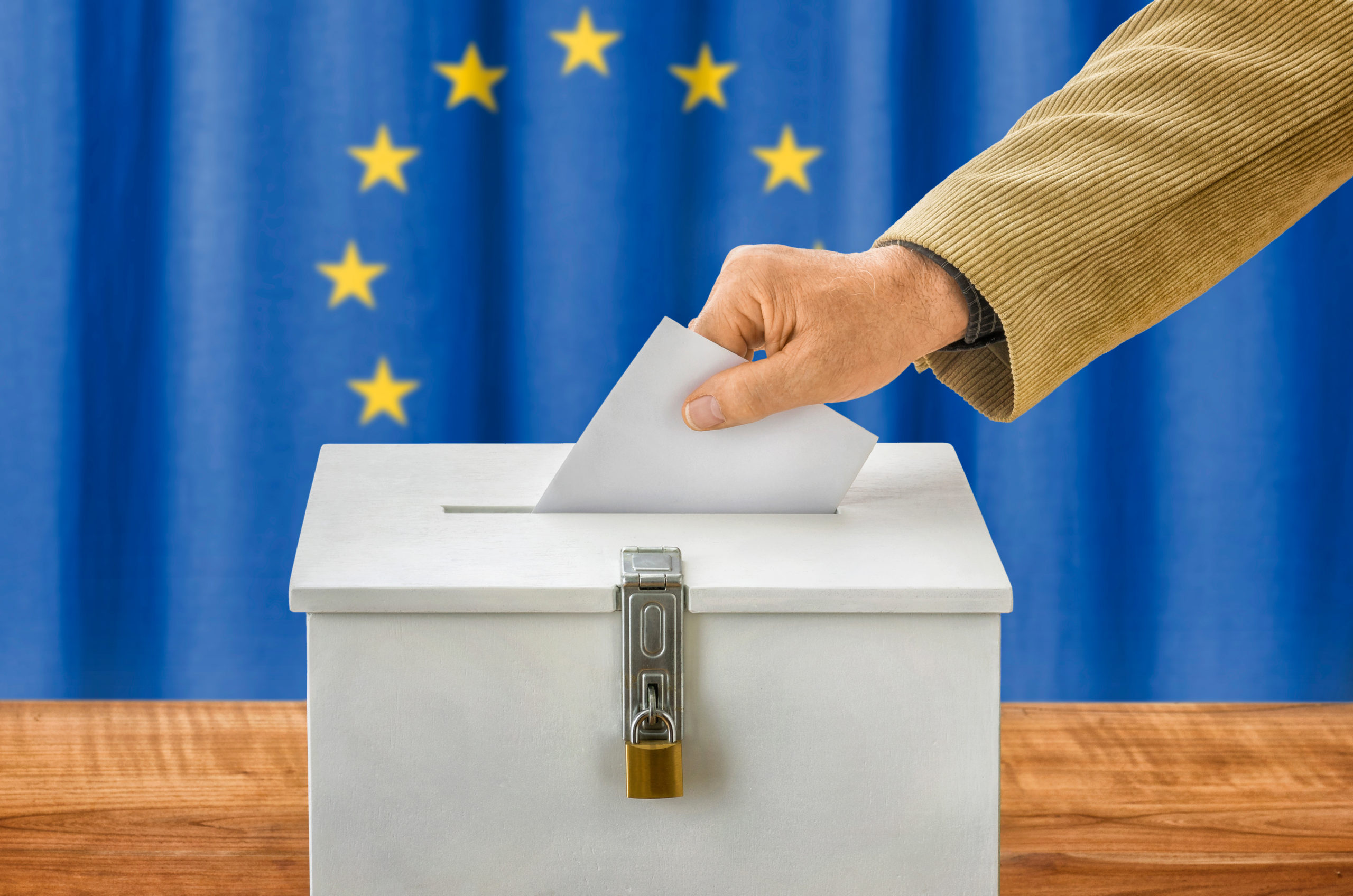What Brexit means for email marketers


While I won’t name names, I have spoken to a number of marketers who hope that a Brexit will facilitate a regulatory change in how we gain permission and what we can do with the data we collect. The reality is that this will not happen. First, all laws are driven by the concerns of voters otherwise known as consumers to you and me. Laws take so long to make however, they are already behind the times when they come into force. Consumers are getting increasingly savvy with how they manage their own data and they understand why we want it. Brands that are honest and transparent with their customers as to why they want the data, how they will use it and where they will store it will outperform those that only just comply with the law. A slackening in the law would only make that gap bigger.
Secondly, I don’t think anybody on either side of the Brexit debate would advocate not trading with Europe. If we look to other non-EU countries that rely heavily on trading with Europe like Switzerland and Norway, we see that they keep the laws that relate to commerce roughly in line with those of Europe. For most laws it is just more expedient than handling the differences in their trade agreements but for data privacy laws this makes sense for the reasons mentioned above.
What all of this means is that GDPR is going ahead in May 2018 regardless of the outcome today. Over the next two years we will be working through the DMA and directly with both government and the Information Commissioner’s Office on how best to implement these new regulations. We will also share the guidance on the new regulations as it becomes available.
In times of great change it is always comforting to have some constants in life. Like it or not, in or out, GDPR is here to stay. Let the politicians and bureaucrats worry about implementing the results of the vote and focus your attention to getting ready for May 2018.
Want to learn more? Check out our Email Privacy Officer James Koons blog post What Brexit could mean for the future of email privacy.


